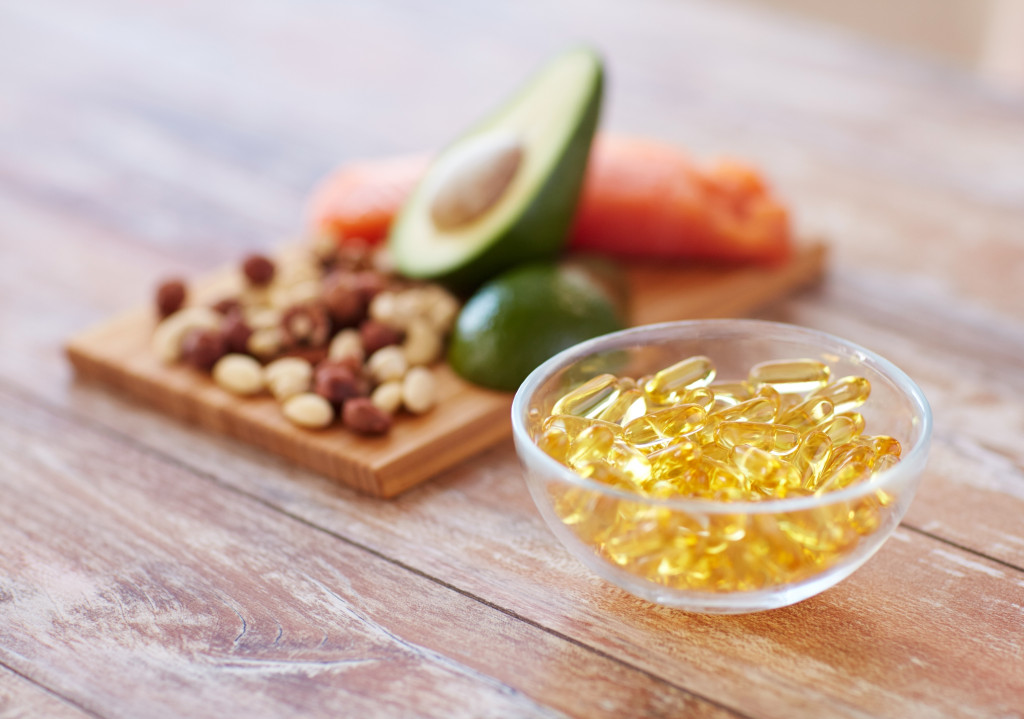- Balanced nutrition, physical activity, sleep, and stress management contribute to a healthy lifestyle.
- Regular use of supplements can aid in maintaining optimal levels of essential nutrients.
- Vitamins, minerals, herbs, and Omega-3s can supplement dietary intake and boost health.
- Consultation with a healthcare professional is crucial before adding supplements to your daily routine.
A healthy lifestyle involves balanced nutrition, regular physical activity, adequate sleep, and stress management. Balanced nutrition ensures the body receives essential nutrients required for optimal function. Regular physical activity helps maintain healthy body weight, reduces the risk of chronic diseases, and promotes overall health. Adequate sleep is vital for the body’s repair and regeneration, and effective stress management techniques can help maintain mental well-being.
There is substantial statistical evidence supporting the benefits of a healthy lifestyle. For instance, the World Health Organization states that regular physical activity can reduce the risk of heart disease and stroke by up to 35% and decrease the risk of type 2 diabetes by 40%. Additionally, studies suggest that people with a balanced diet rich in fruits and vegetables have a 20% lower risk of heart disease.
However, not many people know the beneficial advantages of taking supplements. Adding dietary supplements to one’s daily routine can help reduce the risk of specific health issues and maintain optimal levels of essential nutrients. Here is a guide on what supplements to include in your daily routine for optimal health.
Vitamins & Minerals
Vitamins and minerals are essential nutrients the body needs in small amounts to function properly. They help the body maintain healthy tissues and cells, provide energy, and regulate hormones. Common vitamin and mineral supplements include the following:
Vitamin D
Vitamin D is essential for bone health. It aids in the body’s calcium absorption, maintaining strong and healthy bones. Additionally, Vitamin D plays a critical role in immune system functionality. A deficiency in this vitamin can lead to bone abnormalities such as osteoporosis in adults. Foods rich in vitamin D include fatty fish, cheese, and egg yolks. However, supplementation is often recommended since getting enough vitamin D through diet alone is challenging.
Vitamin C
Vitamin C, or ascorbic acid, is a powerful antioxidant crucial to the body’s immune function. It aids the growth and repair of tissues, helps in iron absorption, and assists in maintaining skin, teeth, and cartilage health. Citrus fruits, strawberries, bell peppers, and broccoli are rich in vitamin C. A vitamin C supplement can benefit those who can’t get enough through their diet.
Iron
Iron is a mineral that is vital for the body’s growth and development. It is necessary for proper metabolic function and the production of hemoglobin, a protein in red blood cells that carries oxygen from the lungs to all body parts. Iron deficiency can lead to anemia, characterized by fatigue and weakness. Iron sources include red meat, poultry, seafood, and fortified cereals. However, chewable iron supplements can also be taken to ensure adequate intake.
Calcium
Calcium is the most abundant mineral in the body, essential for developing and maintaining strong bones and teeth. Calcium also plays a crucial role in heart health, muscle function, and nerve signaling. Dairy products, leafy green vegetables, and fortified foods are good sources of calcium. Calcium supplements can help fill nutritional gaps for those not getting enough from their diet.
Herbs

Herbs have been utilized for centuries for their medicinal properties and are a natural way to support a healthy lifestyle. They contain antioxidants, oils, many other plant-derived nutrient substances, which help equip our body to fight against germs and toxins and boost immunity.
Herbs like Turmeric have anti-inflammatory properties thanks to curcumin, a powerful antioxidant. It can help reduce inflammation and promote gut health and is even being studied for its potential cancer-fighting properties.
Ginseng is another potent herb well-known for its energy-boosting and immune-supporting benefits. It can help regulate blood sugar levels, has anti-inflammatory effects, and is often used to enhance physical and mental endurance.
Echinacea is famously used to prevent colds and flu, support the immune system, and fight infections.
Another common herb, Milk Thistle, is beneficial for liver health. It protects the liver against toxins, drugs, and alcohol, supports liver regeneration, and can help manage liver diseases.
Omega-3 Fatty Acids

Omega-3 fatty acids are essential for our health. These polyunsaturated fats help reduce inflammation, lower cholesterol, and reduce the risk of heart disease. Sources of Omega-3s include oily fish like salmon and mackerel, eggs, walnuts, flaxseeds, and fortified foods. Fish oil capsules are an excellent option for those who can’t get enough from their diet or wish to supplement their intake.
Omega-3a supplements that contain plant-based sources of Omega-3s, such as algae oil, are also available. Algae oil supplements can benefit vegans and vegetarians who may not consume enough Omega-3s.
Final Thoughts
Adding dietary supplements to your daily routine can help support overall health by reducing the risk of specific health issues and ensuring optimal levels of essential nutrients. However, consulting with a healthcare professional before taking supplements or changing your diet is necessary. Doing so will ensure you take the right supplement for your needs and don’t experience any adverse side effects.
